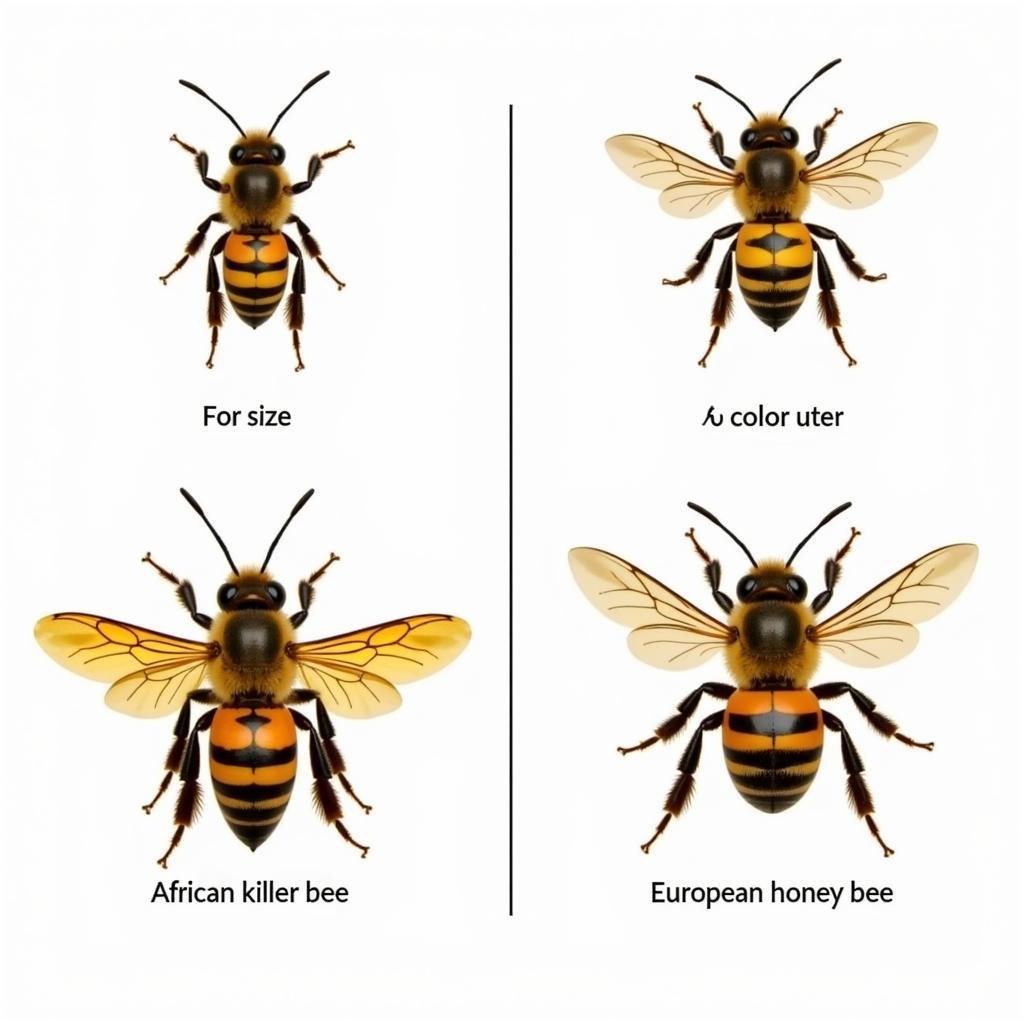Celebrating African American Textile Designers: A Rich Tapestry of Talent
African American Textile Designers have woven a vibrant thread through the fabric of American design, often unrecognized yet profoundly influential. Their contributions, spanning centuries, encompass a dazzling array of techniques, styles, and narratives, enriching the world of fashion, interiors, and art. This article delves into the remarkable legacy of these creative forces, exploring their inspiring stories, unique perspectives, and enduring impact on the textile industry.
The historical context of African American textile artistry is deeply rooted in both resilience and cultural preservation. From the intricate weaving traditions brought from Africa to the innovative adaptations born from necessity during enslavement, textiles became a powerful medium for expressing identity, community, and heritage. After the end of the Civil War, freed slaves often carried on existing trades and were recognized for their skill as seamstresses and quilters. This provided a level of economic independence and contributed to community building. Learn more about African hair scarf traditions and their impact on modern design. african hair scarf
Weaving Stories: The Influence of African Techniques
Many African American textile designers draw inspiration from ancestral techniques, incorporating traditional African weaving, dyeing, and embroidery methods into their contemporary creations. This interweaving of past and present creates a powerful dialogue, honoring their heritage while pushing the boundaries of modern textile design. These designers often utilize vibrant colors and bold patterns reminiscent of their African roots, adding a unique flair to the American textile landscape. For instance, the practice of quilting, often employing recycled fabrics, evolved into a powerful form of storytelling and community bonding, a tradition that continues to thrive today.
A Legacy of Innovation: Pioneering Figures in Textile Design
Throughout history, African American textile designers have broken barriers and defied expectations. From the early 20th century to the present day, these pioneers have shaped the industry, paving the way for future generations. We will explore some of these influential figures and their lasting impact on the world of textiles.
The Power of Pattern: Exploring Contemporary Designers
Contemporary African American textile designers continue to push boundaries, experimenting with new materials, techniques, and concepts. Their work reflects a diverse range of influences, from traditional African motifs to modern abstract art, resulting in a dynamic and ever-evolving field. Many are also incorporating sustainable practices into their work, using recycled materials and eco-friendly dyes. Check out these African craft ideas for inspiration. african craft ideas
“African American textile designers aren’t just creating beautiful fabrics; they are weaving narratives of resilience, innovation, and cultural pride,” says Dr. Abena Osei, a prominent textile historian and curator specializing in African diaspora art. “Their work is a testament to the power of creativity to transcend boundaries and connect us to our shared human heritage.”
Beyond Fashion: The Broad Reach of Textile Design
While often associated with fashion, African American textile designers have made significant contributions to various fields, including interior design, fine art, and even technology. Their innovative approaches to textile creation have led to new applications and expanded the possibilities of the medium. Discover interesting facts about African art. african art facts
“The versatility of textiles allows for endless exploration,” explains Kwame Asante, a renowned textile artist based in Ghana. “From wearable art to architectural installations, textiles have the power to transform spaces and tell powerful stories.” Asante’s work often explores the intersection of traditional African symbolism and contemporary design, creating captivating pieces that resonate with audiences worldwide.
The vibrant legacy of African American textile designers continues to inspire and influence the world of art and design. Their contributions remind us of the power of creativity to preserve cultural heritage, drive innovation, and connect us to the rich tapestry of human experience. This rich history is often intertwined with the removal of traditional cloth, a practice with a complex history. Read more about African cloth removal here. african cloth removal
FAQ
- What are some common African textile techniques? Some common techniques include weaving, dyeing with natural pigments, batik, and embroidery.
- Where can I learn more about African American textile designers? Museums, galleries, and online resources dedicated to African American art and history are excellent places to start.
- How can I support African American textile artists? Purchasing their work, attending exhibitions, and sharing their stories are great ways to show your support.
- What is the significance of African lady silhouette in textile design? The silhouette often represents strength, resilience and cultural heritage. Find out more about African lady silhouette. african lady silhouette
- Are there any organizations that promote African American textile art? Yes, several organizations and institutions focus on preserving and promoting the work of African American artists, including those specializing in textiles.
- How have African American textile designers influenced fashion? Their work has introduced unique patterns, colors, and techniques to the fashion industry, shaping trends and challenging conventional aesthetics.
- What are some resources for learning about the history of African textiles? Books, documentaries, and museum exhibitions focusing on African art and history often delve into the rich traditions of textile making.
Other Questions You Might Have
- How has technology impacted African American textile design?
- What are some emerging trends in African American textile art?
- Where can I find authentic African textiles?
Need Help?
When you need assistance, please contact us at Phone Number: +255768904061, Email: [email protected] Or visit us at: Mbarali DC Mawindi, Kangaga, Tanzania. We have a 24/7 customer service team.

